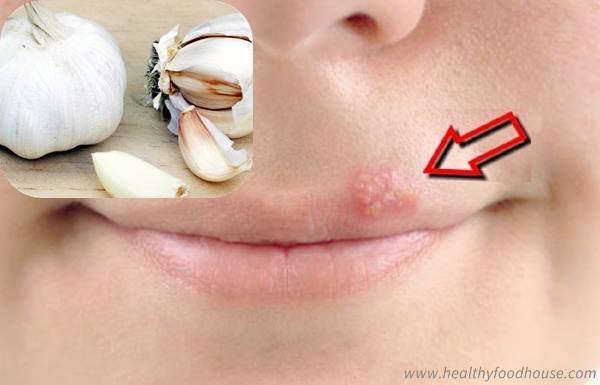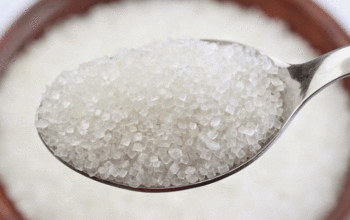Herpes is a common viral infection that affects millions of people worldwide, causing both physical discomfort and emotional distress. Understanding the condition, its treatments, and emerging therapies is crucial for those impacted by this persistent virus.
Understanding Herpes: Types and Transmission
Herpes simplex virus (HSV) exists in two primary forms: HSV-1 and HSV-2. While HSV-1 traditionally causes oral herpes and HSV-2 typically results in genital herpes, both types can infect either location through skin-to-skin contact.
According to the Centers for Disease Control and Prevention (CDC), approximately 47.8% of adults aged 14-49 have HSV-1, and 11.9% have HSV-2. Transmission occurs through:
- Direct contact with herpes sores
- Intimate physical contact
- Viral shedding during asymptomatic periods
Current Treatment Approaches
Modern herpes management primarily relies on antiviral medications like acyclovir, valacyclovir, and famciclovir. These medications fall into two primary treatment strategies:
- Suppressive Therapy: Daily medication to reduce outbreak frequency and transmission risks
- Episodic Therapy: Medications taken during active outbreaks to minimize symptoms and duration
Clinical studies demonstrate these medications can reduce viral shedding by up to 70-80%, significantly decreasing transmission potential.
Promising Frontier: Gene Therapy
Cutting-edge research offers hope for a potential herpes cure through innovative gene therapy techniques. Scientists at the Fred Hutchinson Cancer Center have made remarkable progress using meganuclease enzymes to target and eliminate latent herpes viruses.
In pre-clinical studies, gene editing approaches have shown promising results in:
- Reducing viral DNA in infected cells
- Decreasing viral shedding
- Potentially eliminating the virus’s ability to reactivate
Natural Remedies and Lifestyle Management
While no natural remedy completely eliminates herpes, certain approaches can help manage symptoms and support overall immune health:
- Stress reduction techniques
- Balanced nutrition rich in lysine and low in arginine
- Regular exercise
- Adequate sleep
- Immune-boosting supplements like zinc and vitamin C
Prevention and Transmission Risk Reduction
Preventing herpes transmission requires a multifaceted approach:
- Practice safe sex with barrier methods
- Communicate openly with sexual partners about herpes status
- Avoid intimate contact during active outbreaks
- Consider suppressive antiviral therapy if in a serodiscordant relationship
Looking Forward: Hope and Research
While a complete cure remains elusive, ongoing research in gene therapy and antiviral treatments provides significant hope. Advances in understanding viral mechanisms continue to improve management strategies and potential future treatments.
Individuals diagnosed with herpes should work closely with healthcare professionals to develop personalized management plans, focusing on symptom control, transmission prevention, and emotional well-being.
Key Takeaways
- Herpes is a common viral infection with two primary types
- Antiviral medications effectively manage symptoms and reduce transmission
- Gene therapy represents a promising future treatment approach
- Lifestyle modifications can support overall health and symptom management





